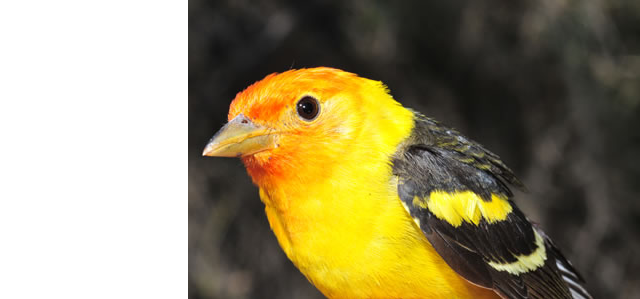
Biology Faculty & Staff Publications
Document Type
Article
Publication Date
8-3-1995
Abstract
Optimization models have been widely and successfully used in evolutionary ecology to predict the attributes of organisms. Most such models maximize darwinian fitness (or a component of fitness) in the face of trade-offs and constraints; the numerical results usually depend on the exact form of the trade-offs/constraints. Here we report the first (to our knowledge) numerical optimum for life-history evolution which is independent of the details of the underlying trade-off, for a large array of trade-off forms. The rule is that at small litter sizes, the range in offspring size is inversely proportional to the size of the litter. Details of the offspring-survival/offspring-size trade-off set the value of the proportionality constant, but the -1 exponent, the inverse proportionality itself, is universal. Studies of life histories have yielded many empirical examples of universality for various scaling exponents (for example, adult lifespan scales as = 0.25 with adult body mass within many taxa); this is an example of the numerical value of an exponent (here -1) emerging from a life-history model as independent of all but a few general features of the underlying economic structure.
Publisher
Nature
Volume
376
First Page
418
Last Page
419
Language (ISO)
English
Keywords
trade-off invariant rules, life history, optimization models
Recommended Citation
Charnov, E.L. and J.F. Downhower 1995. A trade-off-invariant life-history rule for optimal offspring size. Nature 376:418-419
